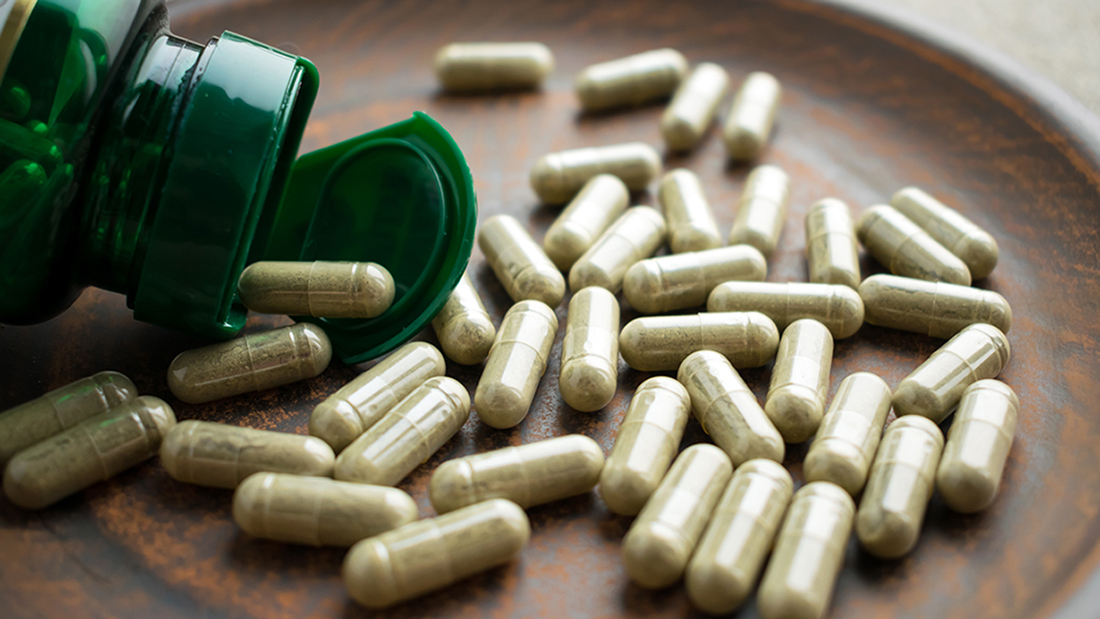The Buzz: Nootropics
- by bonappetit
 What’s the buzz?
What’s the buzz?
“Nootropics” — the latest in pills, powders, and potions — claim to increase mental focus
What does the science say?
While the word may make it sound like you’re about to head to an island for vacation — not a bad way to reset your brain from the effects of daily stress! — nootropics are actually a group of both natural and synthetic compounds that are said to boost mental performance. Affectionately called “smart drugs,” some are actual prescription drugs that treat conditions like ADHD and Alzheimer’s. But the nootropics (pronounced: no-uh-trop-iks) gaining popularity in the wellness community (#nootropics yields some very interesting results on Instagram) come from herbs and botanicals that are sold as dietary supplements or are added to foods and beverages.
Not all nootropics are totally new to the average consumer. Caffeine is the most well-known and commonly used nootropic, and it has been shown to increase alertness and decrease reaction time while also temporarily reducing fatigue. But if you’re looking for an afternoon pick-me-up without a side of the jitters, this is where other nootropics such as adaptogenic herbs ginkgo biloba and bacopa monnieri, as well as L-theanine (an amino acid naturally found in green tea), may come in. L-theanine has been shown to increase alertness and decrease feelings of fatigue — when combined with caffeine. One study suggested that combining L-theanine with caffeine may reduce some of the negative effects of caffeine, though more research is needed. However, L-theanine on its own appears to offer little mental benefit. L-theanine is now being added to coffee (via ground beans and bottled beverages), chocolate, and other drinks. But, drinking green tea — which contains both L-theanine and caffeine naturally — may be the best option. Other research suggests bacopa monnieri and ginkgo biloba also may offer some potential benefits, including improved memory and cognition, but more research is needed.
Pills, powders, and foods and beverages that contain nootropics come along with grandiose claims of improving brain energy, learning, memory, and mood, as well as increasing stress resilience. With increasing demands and responsibilities at home and at work, it can be tempting to buy into these promises — who doesn’t want to think a few “totally natural” herbs and botanicals will make us feel better and act smarter?
Be wary of these claims. The FDA has issued warning letters to several nootropic supplement companies with regard to their health claims that are not approved or backed by science. (Kinda kills the vibe of that nootropic-al vacation in your mind, doesn’t it?) The American Medical Association called for more research on nootropic herbs and botanicals at their annual meeting in 2016.
What’s the takeaway?
More studies are needed to confirm the benefits of nootropic herbs and botanicals, though there is some convincing research on the benefits of L-theanine when combined with caffeine — as it is found in green tea (and in smaller doses, black tea). Treat your brain well with 7-9 hours of sleep per night, regular exercise, and a well-balanced diet. For those busy days when you need a boost, it’s safer (and less expensive) to grab an extra cup of green tea.